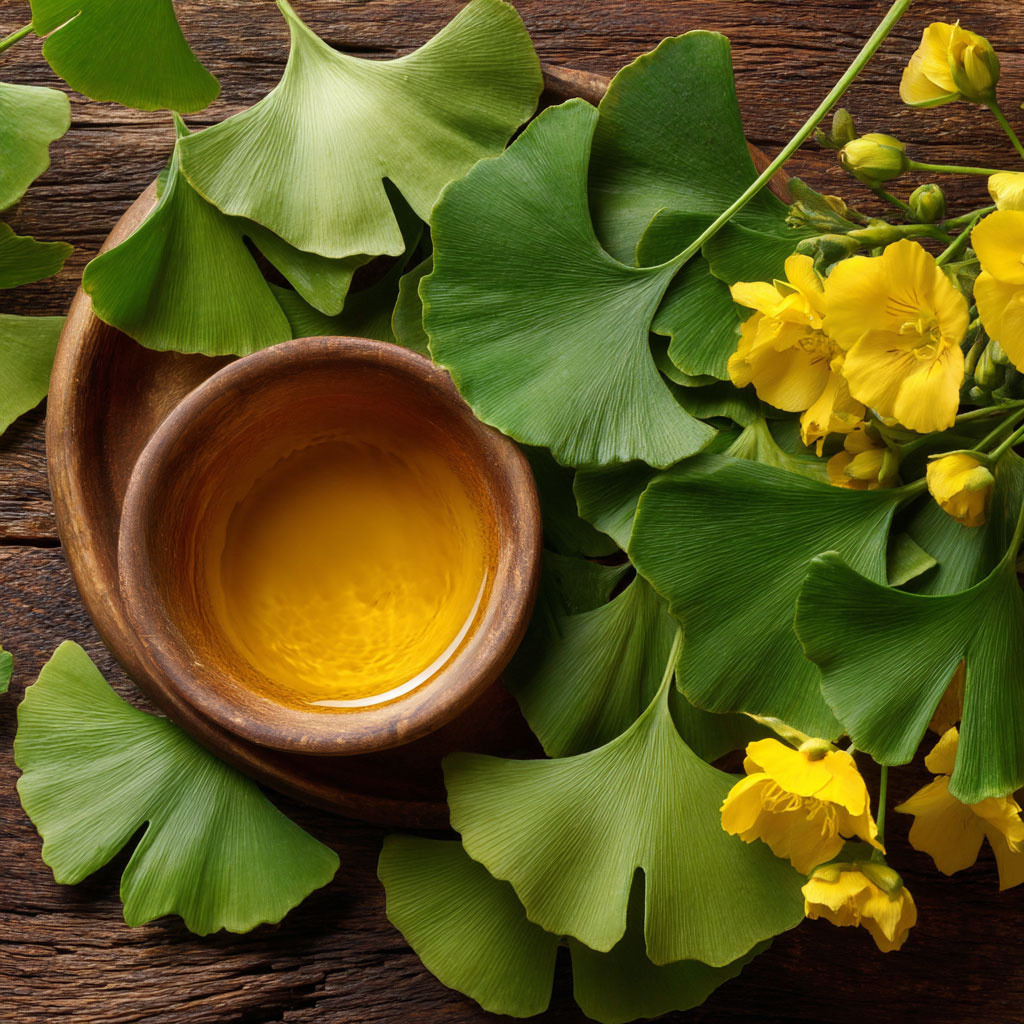Traditional Herbal Preparations in Modern Supplements
One of the hallmarks of Dutch herbal supplements is the integration of traditional herbs and native plant knowledge into modern delivery formats like capsules, powders, and extracts.
Commonly Used Herbs:
Ginkgo biloba: Known for its role in promoting circulation and helping boost memory. Often used to treat age-related cognitive decline.
Evening primrose oil: Sourced from plant seeds, it is widely used to alleviate premenstrual syndrome, menopausal symptoms, and skin conditions.
Green tea: Rich in antioxidants, green tea extract supports weight loss, energy metabolism, and stress resilience.
Chamomile and peppermint: Traditionally used for gastrointestinal disorders and upset stomach, now featured in many gut-supporting food supplement products.
These herbs are typically presented in forms that allow for precise dosing, enhanced bioavailability, and prolonged shelf-life.
Forms of Use:
Whole plant or plant parts: Often dried or powdered.
Extracts: Water or alcohol-based to isolate active substances.
Essential oils: Distilled from aromatic plants for therapeutic application.
Capsules and tablets: For convenience and dosage accuracy.
Safety Considerations and Health Claims
While the use of herbal supplements is widely considered natural, it is not always without risk. Many plants contain potent active ingredients that can interact with medicines or produce side effects.
Safety Best Practices:
Always consult a doctor before combining herbal and conventional medicine.
Monitor for interactions with drugs affecting blood pressure, blood sugar, or the nervous system.
Avoid using herbs like ginkgo or St. John’s Wort without professional guidance.
Follow recommended daily dose limits and avoid products with vague or exaggerated claims.
Regulatory Oversight:
EFSA and national authorities review scientific research on active substances.
Claims that an herbal product can treat, cure, or mitigate a disease are generally prohibited unless specifically approved.
Products must not mislead consumers or discourage them from seeking medical advice.
Scientific Research and Efficacy of Herbal Products
Multiple studies have explored the effectiveness of herbal preparations. However, results vary based on dosage, extract type, and individual variability.
Examples of Studied Herbs:
Ginkgo biloba: Shown to modestly improve cognitive performance in elderly subjects.
Green tea extract: Associated with weight loss in conjunction with a calorie-controlled diet.
Evening primrose oil: May reduce the severity of premenstrual syndrome symptoms, though findings are mixed.
Chamomile: Demonstrated benefits in treating mild gastrointestinal disorders and promoting relaxation.
While herbal supplements can provide beneficial effects, they should not be viewed as a substitute for medical treatment, especially in the case of chronic health conditions.
Personalized Nutrition and Market Trends
The future of herbal supplements Netherlands lies in personalization, sustainability, and scientific innovation.


